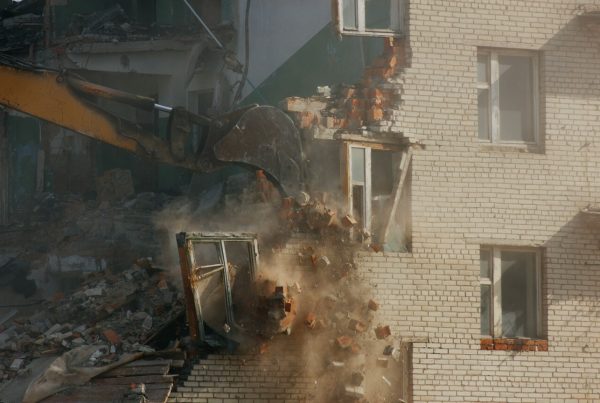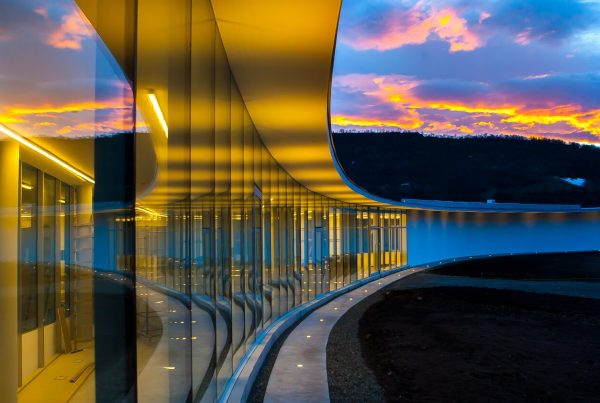Whether that Under the Dome documentary goes offline or stays online, it’s still smoggy in Beijing and most other cities in China.
Last Saturday, after a brief yet hugely popular online presence, the environmental documentary Under the Dome, was taken down from various video sites in China. No official word as to the reason of its being shut down, but most probably it’s the old censorship at work again. Which is sad in so many ways.
Journalist Chai Jing, the film’s director, had made it as her own personal journey (all documentaries are essentially). Her impetus was her pregnancy, the fact that she would be bringing her child into a world plagued with pollution. Jing’s motherly concern is understandable. She could have simply carried on with her pregnancy like most normal people would, relaxed and serenely. But she chose to do something. Rather than whine, or wait inside her air-conditioned room, or retreat to some other place with safer levels of air—she did what she was trained to do as a journalist: investigate and do an objective reportage. In the hopes of raising awareness. In the hopes of inspiring action and change. She wasn’t doing it for her baby anymore, but for everyone else.
* * *
But is Jing’s documentary really that necessary? Do the Chinese citizens have to be reminded by a film that they’ve got a serious problem with air pollution? For sure they already know. How can they not now when it’s the very air they breathe? That’s why they wear protective masks when they’re out in the streets. That’s why haziness and low visibility have suddenly become a recurring feature of the urban landscape. Surely, they don’t need a documentary to tell them all that.
But maybe the whole world needs to be reminded. We need to be aware now more than ever, not just the Chinese people, but everyone else in the planet. Not just about air pollution but other pressing issues as well. Food wastage, overfishing, GMO, improper waste disposal, water contamination, deforestation, dirty energy, all tied to the greatest threat of all—climate change. Our planet is smothered by so many problems we ourselves have caused. Do we need a separate film for each of these environmental issues? Maybe we do, if only to wake us up. Because it’s all too easy for us to simply accept the state of things as a given. Before we know it, we’d have fallen in a classic case of bystander effect. Each one of us thinks the responsibility lies with someone else besides ourselves.
That makes Jing an admirable woman, for breaking free from the crowd, for assuming responsibility.
So far we’ve managed to ignore those environmental issues because we’ve got so many distractions—media, gadgets, social networks, travels, fashion, disposable and always new lifestyle, etcetera. It’s easy to be distracted than to actually stand up and do something worthwhile. When people do choose to be involved, it’s a passive kind of activism, known as “slacktivism,”—which only goes as far as clicking to like and share, but never really gets translated into action in the real world.
Take that Under the Dome film for example. Sure, it went viral (it’s still on YouTube, by the way), and it’s still being shared, perhaps more so, now that it’s got “banned” status. But how sure are we that people really did watch it, before they clicked to share? Many of us are guilty of this: we’re more excited to retweet than finding out first just what it is we’re sharing. Oversharing, in fact, has become customary in the online age even if studies have found no correlation between social shares and people actually reading.
Hopefully, Under the Dome made a positive impact to people who saw it. Because it’s sad enough that the film was shut down, but it’ll be even sadder if the people who saw it will simply forget it.











